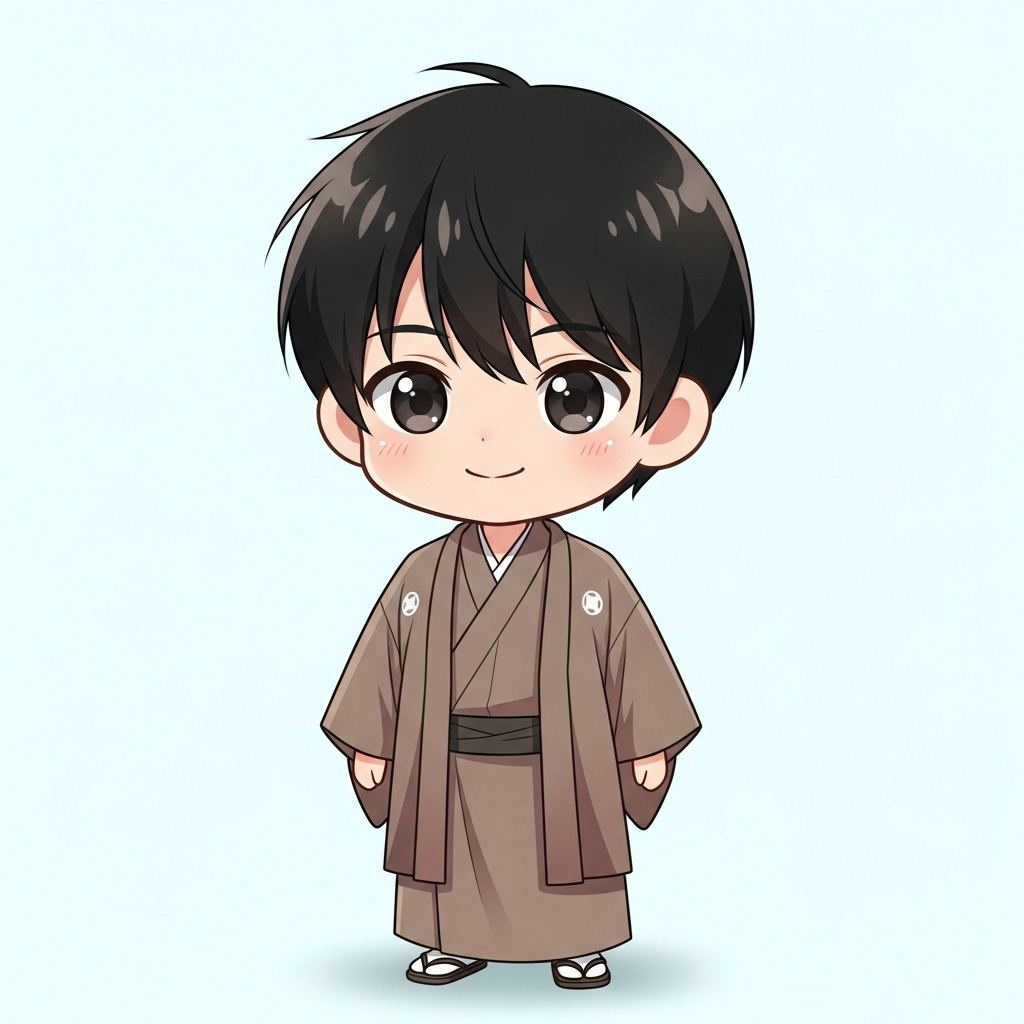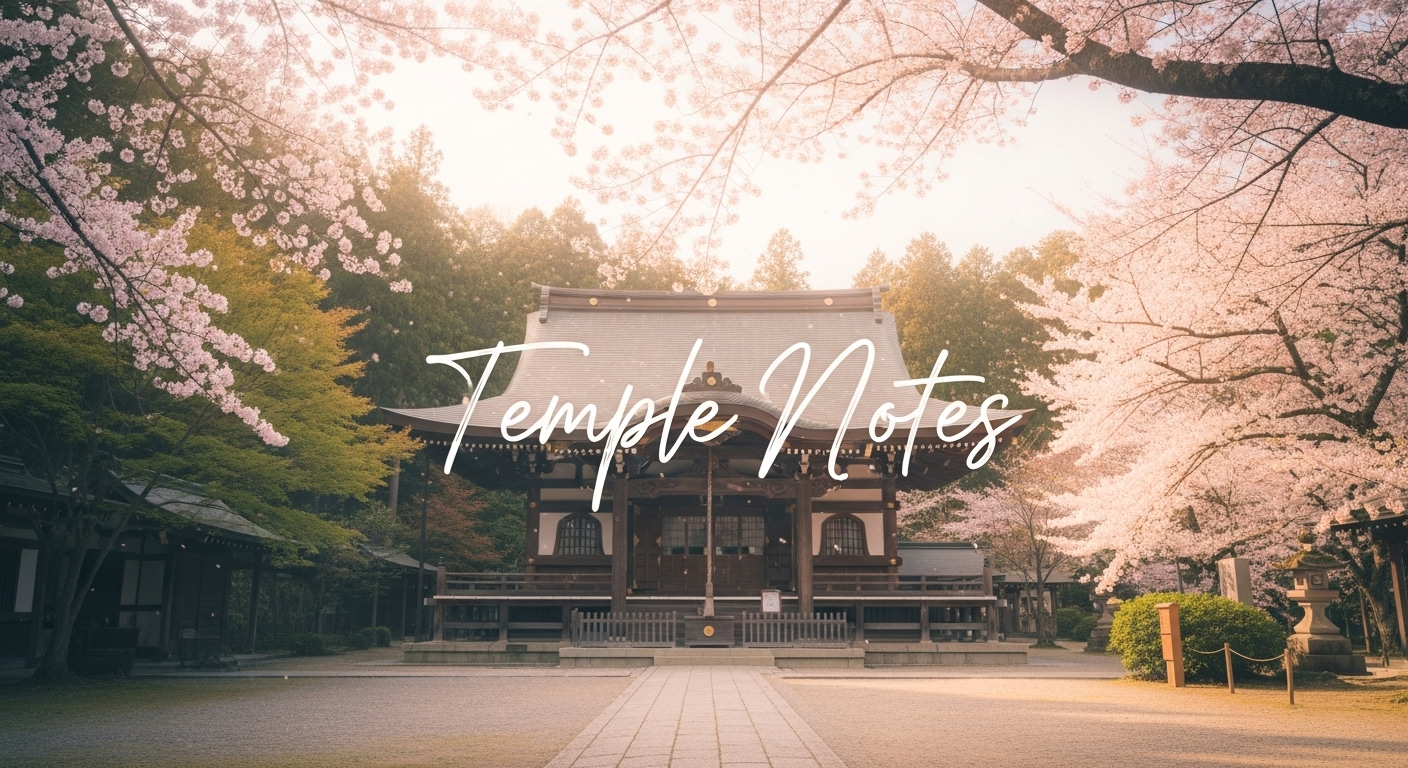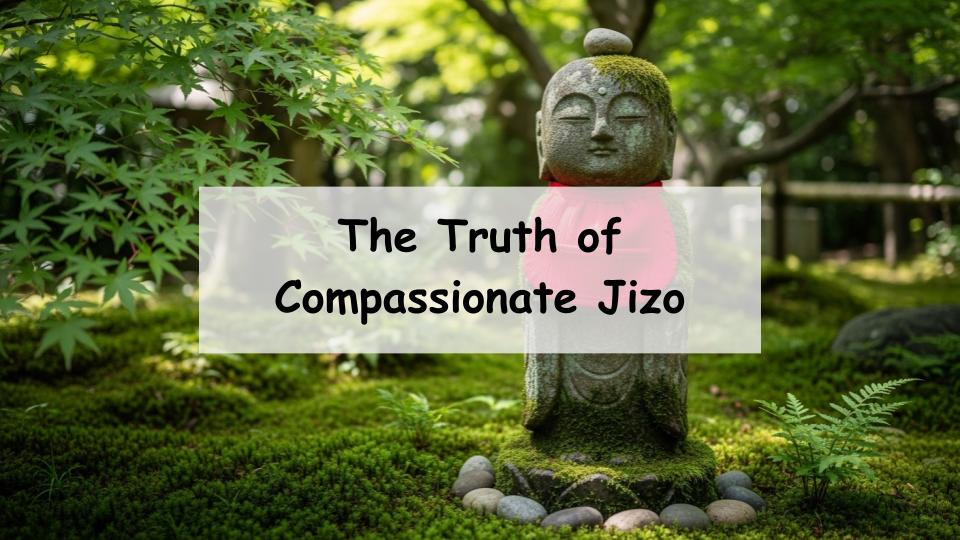“What kind of being is Jizo Bodhisattva?” “Why is he enshrined in so many temples?” “What kind of blessings can one receive by praying to him?” — Many people search for answers to these questions. In short, Jizo Bodhisattva is a compassionate figure in Buddhism who vows to save all suffering beings, and his faith has long been rooted in the daily lives of ordinary people. In this article, we will explain in detail the meaning and origins of Jizo Bodhisattva, the history of his faith, the blessings attributed to him, and how devotion continues in modern times. By reading this, you will come to understand Jizo Bodhisattva more closely and grasp the truth behind his presence.
- What Is Jizo Bodhisattva? His Meaning and Role
- The Origins and History of Jizo Bodhisattva
- Faith and Blessings of Jizo Bodhisattva
- Symbols and Representations of Jizo Bodhisattva
- Temples and Traditional Practices
- Jizo Faith in Modern Times
- Conclusion|The Value of Understanding Jizo Bodhisattva
- A Message from the Guide
What Is Jizo Bodhisattva? His Meaning and Role
Basic Characteristics of Jizo Bodhisattva
Jizo Bodhisattva is one of the bodhisattvas in Buddhism, symbolizing compassion toward those in suffering. In Japan, he is often depicted in the form of a monk holding a staff (shakujō) and a wish-fulfilling jewel (hōju). Unlike many other Buddhist figures, Jizo is particularly associated with helping vulnerable beings, guiding the lost, and offering salvation even in realms of suffering.
A Savior of the Six Realms
Buddhism teaches the existence of six realms of rebirth: heavenly beings, humans, asuras, animals, hungry ghosts, and hell. Jizo Bodhisattva vows to save all beings in these realms, especially those trapped in deep suffering such as hungry ghosts and hell beings. This all-embracing vow to rescue anyone, no matter their condition, defines Jizo’s role as a universal savior.
Differences from Other Bodhisattvas
Compared with Avalokiteshvara (Kannon) or Amitabha Buddha, Jizo is unique in focusing on salvation within this world and the afterlife. While Kannon represents compassion broadly, Jizo actively intervenes for specific groups such as children, travelers, and departed souls, bridging this world and the next.
The Origins and History of Jizo Bodhisattva
Sanskrit Meaning and Etymology
Jizo Bodhisattva originates from the Sanskrit name Kṣitigarbha. Kṣiti means “earth,” and garbha means “womb” or “storehouse.” Together, the term conveys the idea of “the womb of the earth” or “the treasure hidden within the earth.” The Japanese name “Jizo” reflects this image, symbolizing boundless compassion rooted in the earth itself.
Transmission to Japan and Spread of Faith
Jizo devotion traveled from India to China and then to Japan, where it became widespread from the Heian period onward. By the Kamakura period, Jizo had become deeply connected to funerary practices and village traditions, spreading throughout the country and becoming a central part of Japanese religious life.
Roots in Popular Faith
Jizo became a beloved figure among common people because he was seen as a close and approachable protector. Whether in matters of illness, death, travel, or child-rearing, Jizo was viewed as a guardian who listened to prayers. Small roadside statues and village shrines dedicated to him became gathering points for community faith and daily devotion.
Faith and Blessings of Jizo Bodhisattva
Protector of Children
Jizo is widely regarded as a guardian of children. Parents pray to him for safe childbirth, children’s health, and protection in times of illness. For deceased children, offerings such as red bibs and toys are dedicated to Jizo statues, reflecting prayers for their peace in the afterlife.
Safety During Journeys
Jizo statues are often placed along roadsides, mountain passes, and bridges to protect travelers. Pilgrims and villagers pray to Jizo for safe journeys, and in modern times, this faith has extended to prayers for traffic safety.
Ancestor Memorials and Afterlife Salvation
Jizo plays a vital role in ancestor worship and rituals for the deceased. People pray that their loved ones may be freed from suffering in the afterlife, with Jizo serving as a compassionate guide through realms of darkness.
The Meaning of the Six Jizo
The practice of enshrining six Jizo statues comes from the belief that each Jizo protects beings in one of the six realms of rebirth. This ensures that no soul, regardless of where they wander, is left without Jizo’s compassion.
Symbols and Representations of Jizo Bodhisattva
The Meaning of the Shakujō and Jewel
The shakujō, or monk’s staff, represents breaking obstacles and guiding lost beings, while the wish-fulfilling jewel symbolizes wisdom and the granting of wishes. Together, they embody Jizo’s vow to lead and protect all.
Red Bibs and Cloths
Many Jizo statues wear red bibs or baby clothes, offerings from parents praying for their children’s safety. Red is traditionally believed to ward off evil and disease, making it a fitting symbol of protection.
Types of Jizo Statues
Jizo statues vary from standing and seated figures to specific forms such as Child-Protection Jizo or Longevity Jizo. From grand temple statues to humble roadside stone images, their variety reflects the broad scope of devotion.
Temples and Traditional Practices
Famous Temples Across Japan
Numerous temples throughout Japan are dedicated to Jizo Bodhisattva, with each region preserving unique traditions. From ancient Buddhist centers to local shrines, Jizo’s presence is woven into both urban and rural landscapes.
The Festival of Jizo Bon
Jizo Bon, held in summer, is a local festival particularly for children. Communities gather to honor Jizo with offerings, prayers, and activities, strengthening neighborhood bonds while reaffirming faith.
Personal Worship of Jizo
On an individual level, worshippers often offer incense, flowers, or small garments at Jizo statues. A simple prayer of gratitude or petition is considered meaningful, with emphasis on sincerity rather than ritual complexity.
Jizo Faith in Modern Times
Connection with Childbirth and Parenting
Even today, Jizo remains closely linked to prayers for safe delivery and healthy child-rearing. Despite advances in medicine, parents continue to find comfort in seeking Jizo’s protection for their children.
Expanding Blessings in Contemporary Life
As society changes, the blessings associated with Jizo have expanded. People now pray to Jizo for success in school, safety at work, and even general well-being, showing how the faith adapts to modern needs.
A Spiritual Anchor in Troubled Times
Beyond tangible blessings, Jizo faith offers emotional support. For those facing grief, uncertainty, or anxiety, praying to Jizo provides peace of mind and a sense of being cared for by a compassionate presence.
Conclusion|The Value of Understanding Jizo Bodhisattva
The Comfort Jizo Faith Brings
Jizo represents the vow to abandon no one, regardless of their suffering. This universal compassion provides comfort and reassurance to people in their daily lives.
The Timeless Relevance of Jizo Bodhisattva
Though centuries have passed, Jizo Bodhisattva continues to be a source of faith and comfort. Understanding his origins and meaning reveals the depth of his role in Japanese culture, and why he remains an enduring symbol of compassion today.
A Message from the Guide

Since childhood, I’ve been familiar with him as “Ojizo-san,” but it turns out he is a Buddha with unexpectedly great power.







Comment